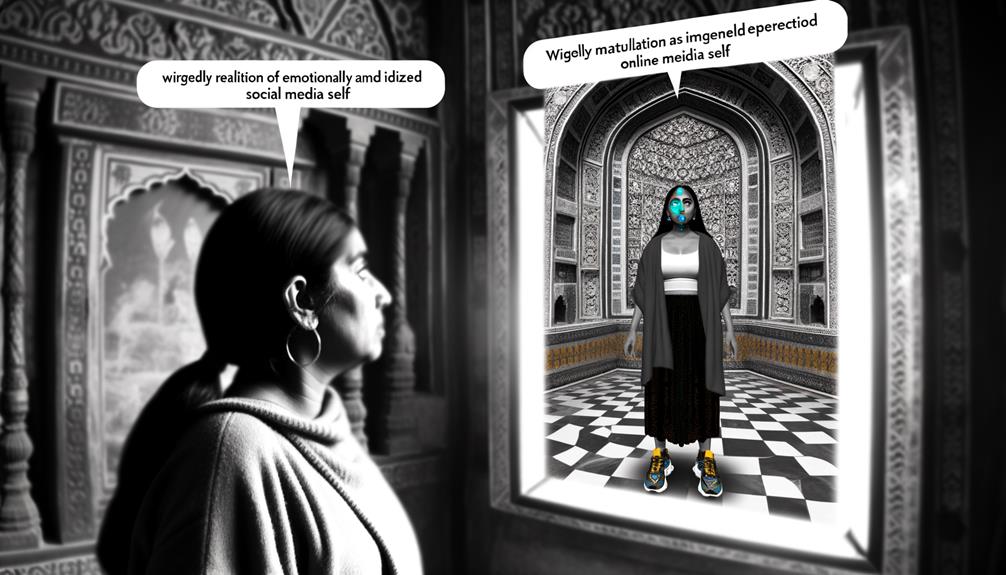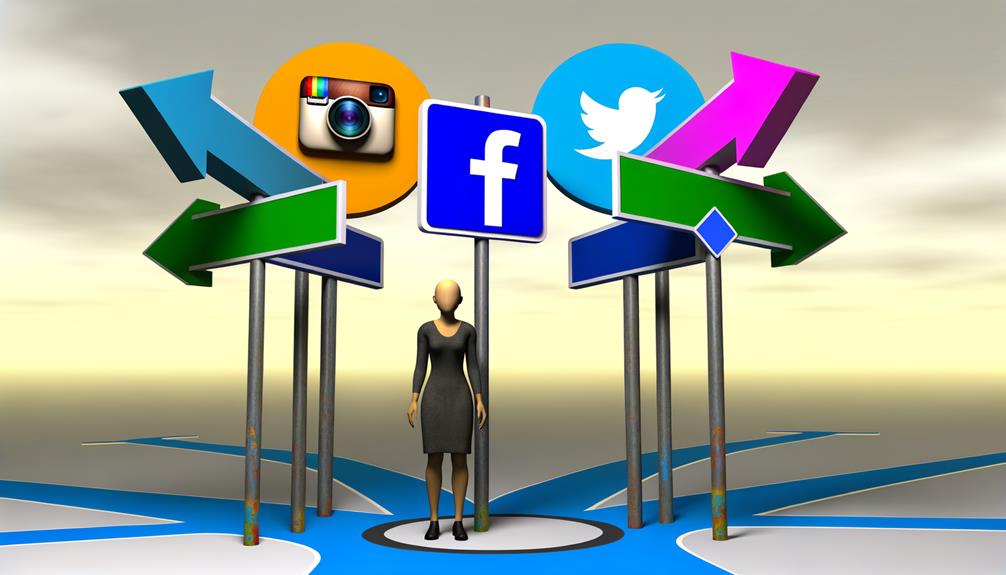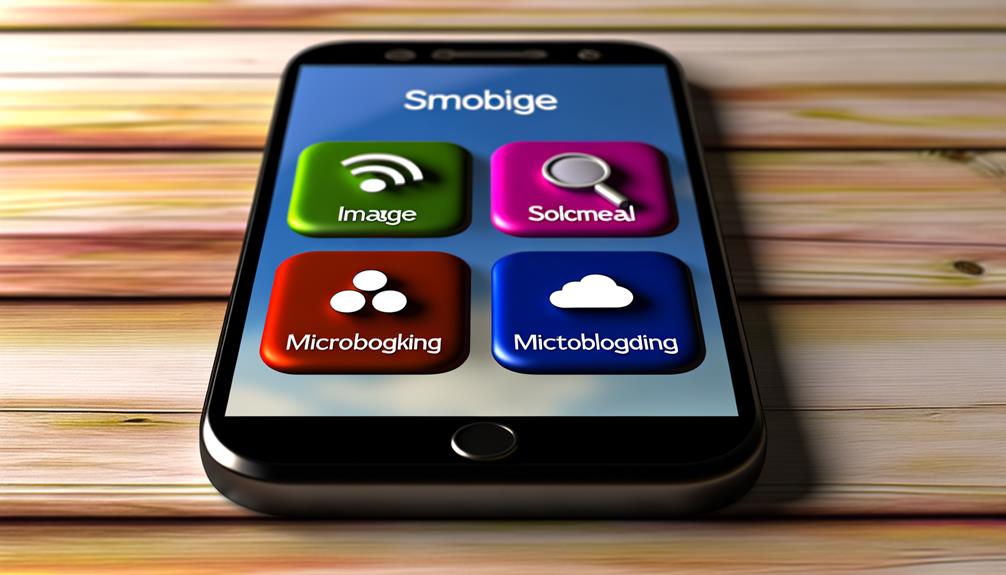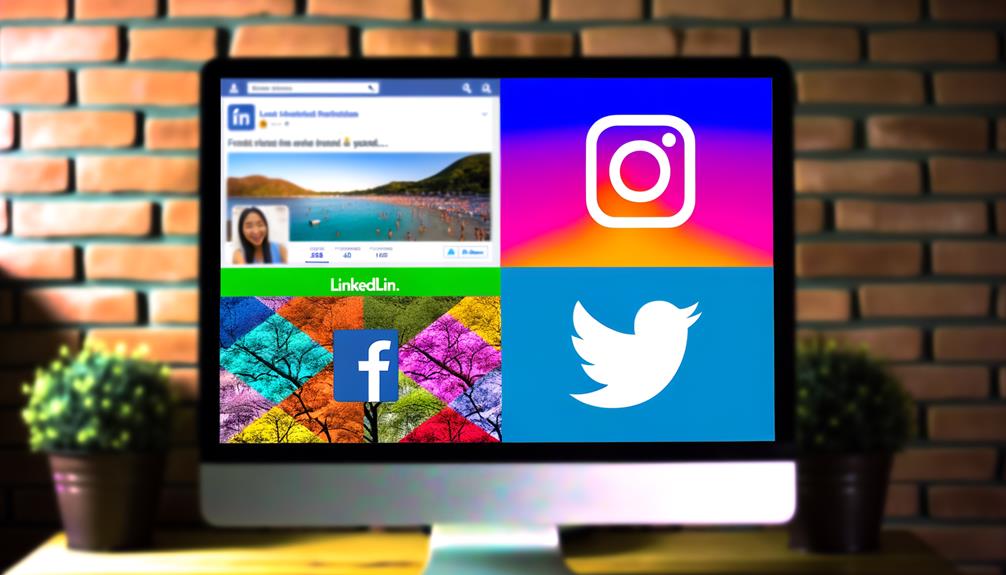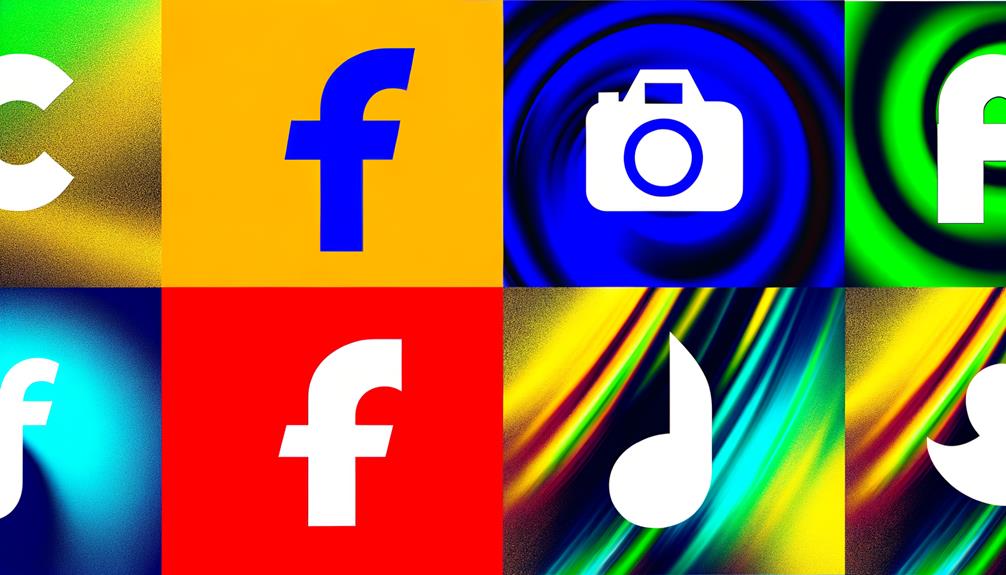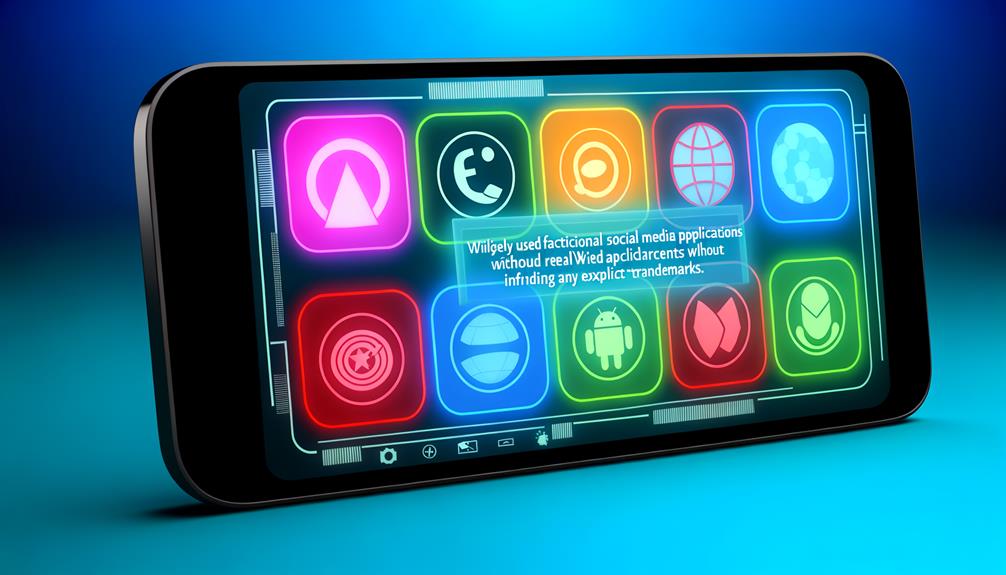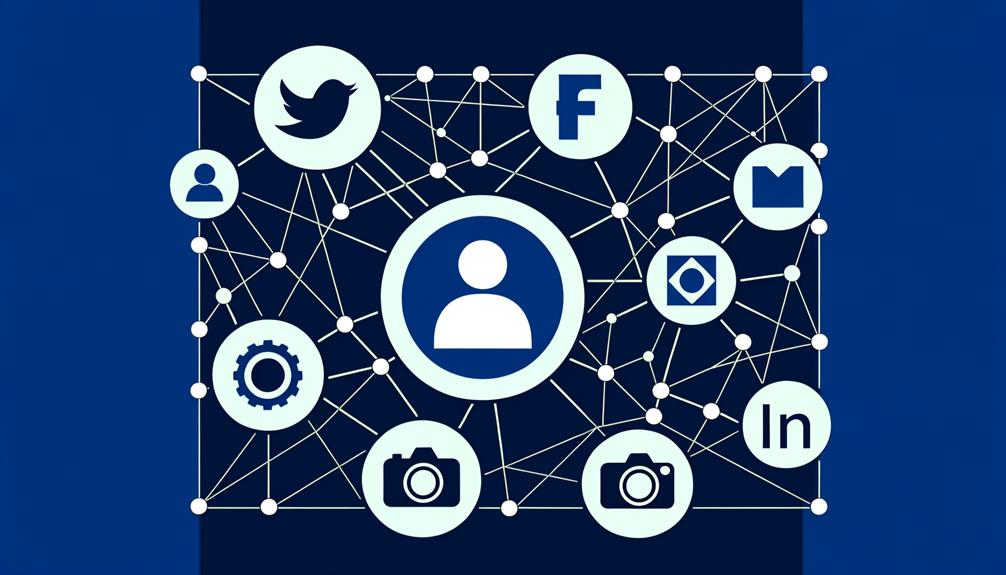Ever wondered what lies beneath the polished facade of social media? The answer may not be as straightforward as you think. As you navigate through the carefully curated posts and endless scrolling, have you ever stopped to question the real impact of these platforms on your daily life?
The surface may be just the beginning. Explore the hidden layers of social media’s influence and discover a new perspective on the digital world that surrounds you.
The illusion of perfection
In the world of social media, perfection becomes a mask many strive to wear, concealing the raw reality of everyday life. Scrolling through feeds, you’re bombarded with carefully curated posts portraying flawless bodies, luxurious vacations, and seemingly ideal relationships. It’s easy to fall into the trap of comparing your behind-the-scenes with everyone else’s highlight reels.
The pressure to present a perfect image online can lead to feelings of inadequacy and self-doubt. Filters, editing tools, and strategic poses distort the truth, creating an illusion that everyone else has it all figured out. The constant quest for likes and validation can take a toll on your mental health, fostering a sense of never being good enough.
The influence of algorithms
Algorithms wield significant power in shaping the content you encounter on social media platforms. These complex formulas analyze your online behavior, interactions, and preferences to curate a personalized feed. They determine which posts appear on your timeline, what ads you see, and even suggest friends or groups to connect with. By tracking your clicks, likes, and shares, algorithms create a digital profile of your interests, influencing the type of content that fills your screen.
Moreover, algorithms prioritize content based on engagement metrics, such as the number of likes, comments, and shares a post receives. This can create a feedback loop where popular posts continue to gain visibility while less popular ones get buried in your feed. As a result, your online experience is tailored to show you more of what the algorithm thinks you want to see, potentially limiting exposure to diverse viewpoints.
Understanding how algorithms operate can help you navigate social media more consciously. By being aware of their impact, you can take control of your digital consumption and seek out a broader range of content beyond what’s algorithmically recommended.
The psychology of likes
As you scroll through your social media feed, the number of likes on a post can trigger a cascade of psychological responses that influence your online behavior. Likes play a significant role in shaping how you perceive yourself and others in the digital realm. Here’s why:
- Validation: Each like can provide a sense of validation and acceptance, reinforcing your self-worth.
- Comparison: Comparing the number of likes on your posts to others’ can lead to feelings of inadequacy or superiority.
- Reward System: The dopamine release associated with receiving likes can create a cycle of seeking more engagement.
- Social Proof: Likes serve as social proof, influencing your perception of what’s popular or desirable.
- Identity Reinforcement: The type of posts that receive likes may shape your online persona and behavior to align with what garners approval.
These psychological mechanisms associated with likes can subtly impact your social media interactions and self-perception.
The impact on mental health
The excessive focus on likes and validation on social media platforms can have a detrimental impact on mental health. Constantly seeking approval through likes and comments can lead to feelings of inadequacy and low self-esteem. Comparing your life to the seemingly perfect lives portrayed on social media can also trigger negative emotions like jealousy and anxiety. The curated nature of social media posts often creates unrealistic standards, making you feel like you’re not doing enough or not good enough.
Furthermore, the constant exposure to highlight reels of others’ lives can foster a sense of FOMO (fear of missing out) and loneliness. Spending excessive amounts of time on social media can disrupt your real-life social interactions and lead to feelings of isolation. The pressure to maintain a certain image online can also be exhausting and contribute to stress and burnout.
It’s essential to be mindful of your social media usage and prioritize your mental well-being. Remember that what people choose to share online is just a fraction of their reality, and it’s okay to take breaks from social media to focus on self-care and real connections.
The future of Social Media
Looking ahead, social media is poised to undergo significant transformations as technology continues to evolve rapidly. The future of social media holds exciting possibilities and challenges. Here are some key aspects to consider:
- Augmented Reality Integration: Social media platforms are likely to incorporate augmented reality features, providing users with immersive and interactive experiences.
- Enhanced Privacy Measures: Stricter privacy regulations and improved data protection tools will be implemented to address growing concerns over user privacy.
- AI-Powered Content Moderation: Artificial intelligence will play a more significant role in content moderation, helping platforms identify and remove harmful or inappropriate content more effectively.
- Rise of Niche Platforms: Specialized social media platforms catering to specific interests or communities will continue to emerge, offering users more tailored experiences.
- Shift Towards Authenticity: There will be a greater emphasis on authentic and meaningful interactions, with users seeking genuine connections and reliable content on social media.
As social media evolves, staying informed about these trends will be crucial for users looking to navigate the ever-changing landscape effectively.
Conclusion
So, now you know the truth about social media. It’s not all sunshine and rainbows, but rather a carefully curated facade. The algorithms control what you see, the likes manipulate your self-worth, and your mental health can suffer as a result.
But fear not, for the future holds promise for a more authentic online experience. Remember, Rome wasn’t built in a day, and neither will the evolution of social media. Stay informed and stay vigilant.

